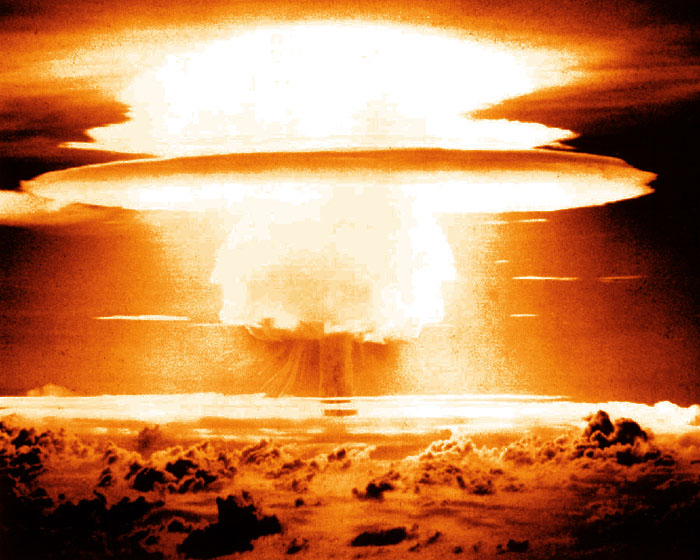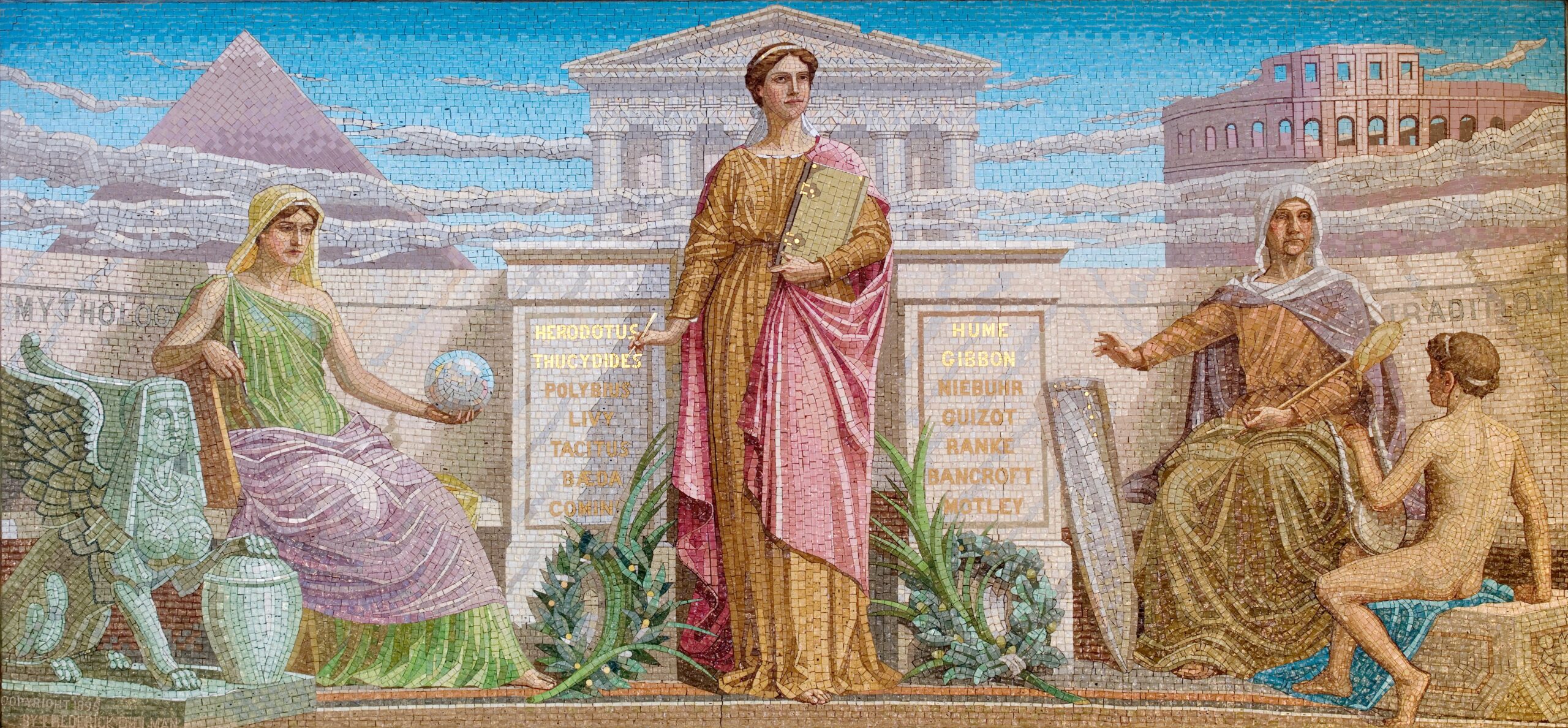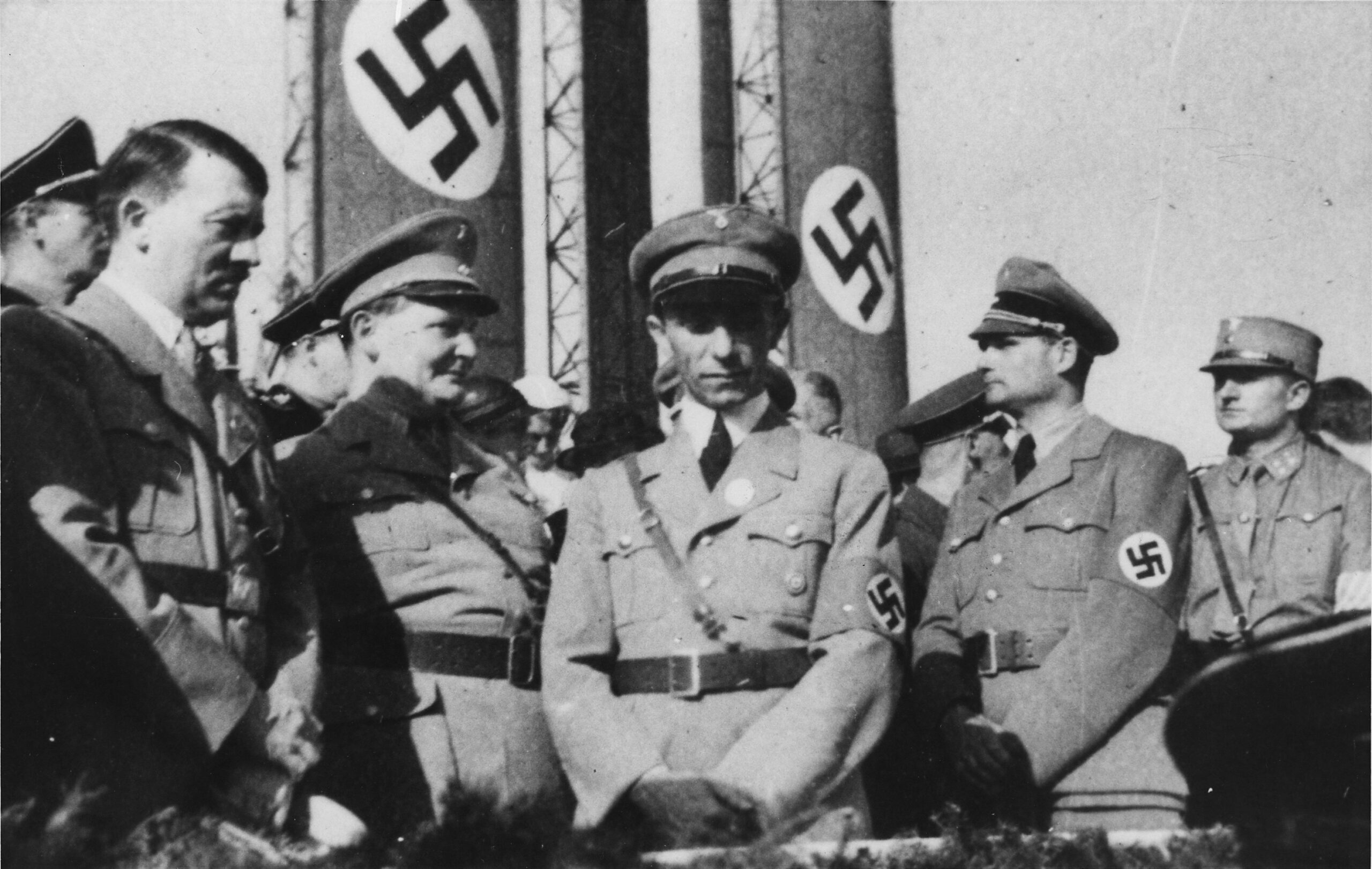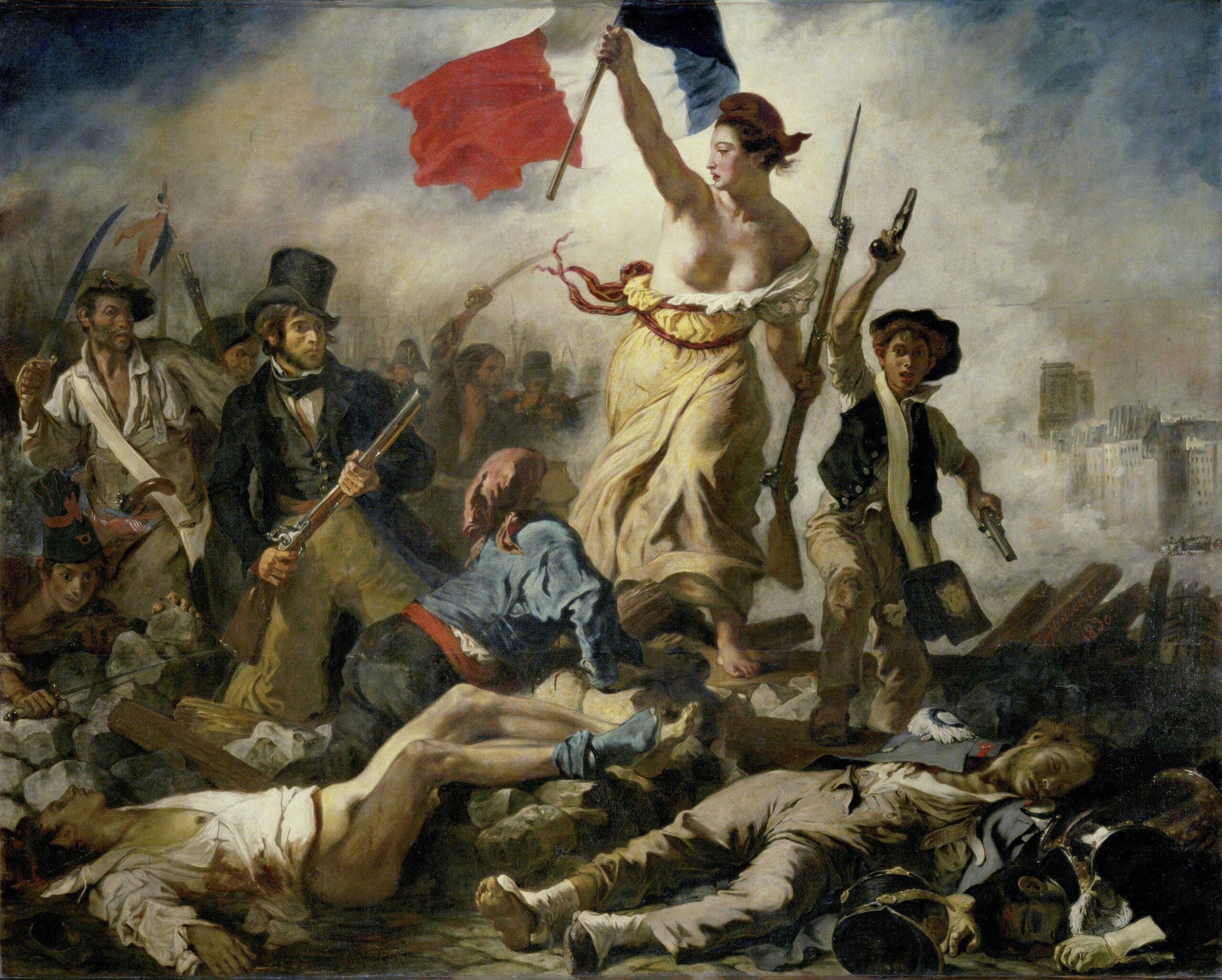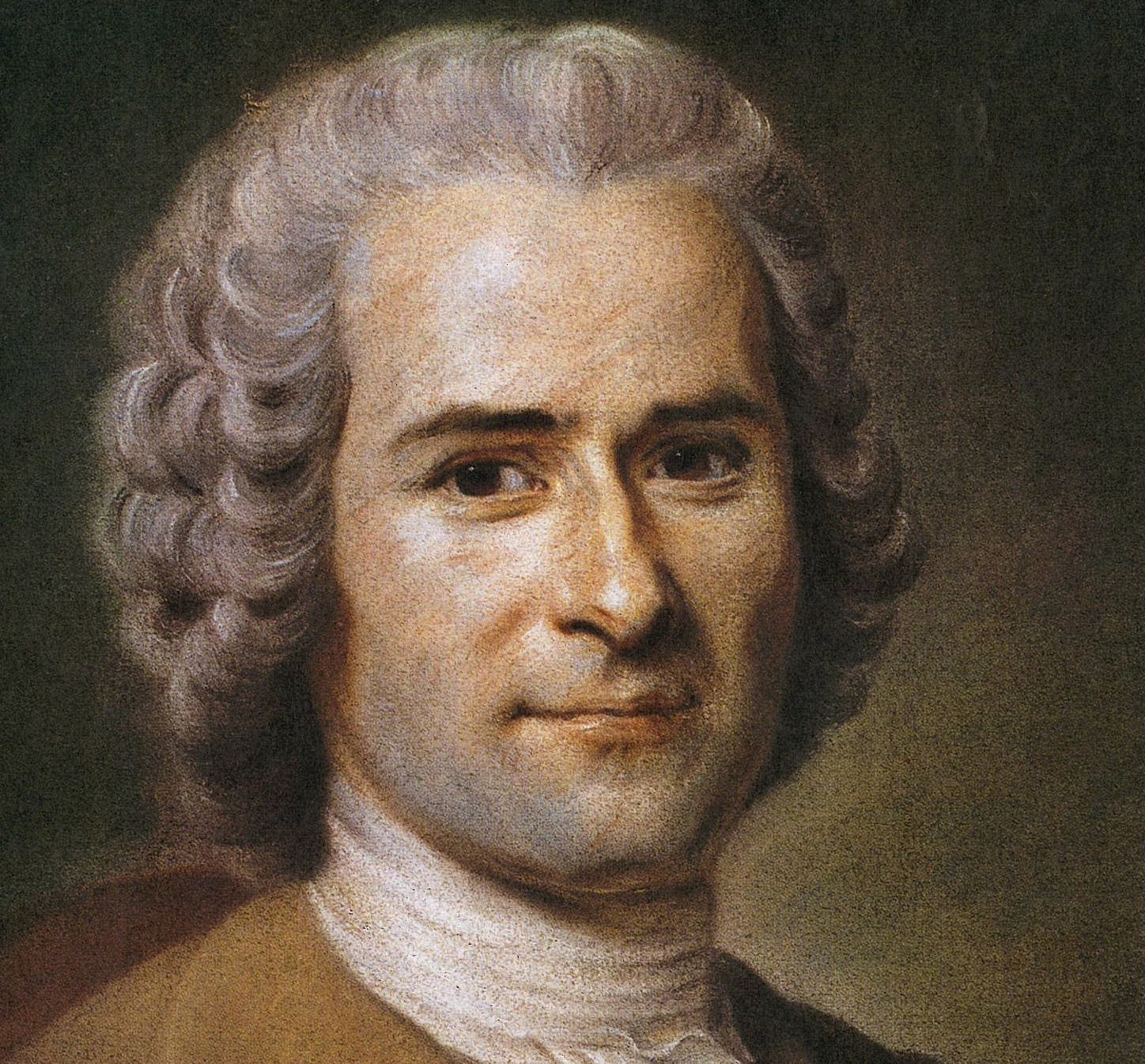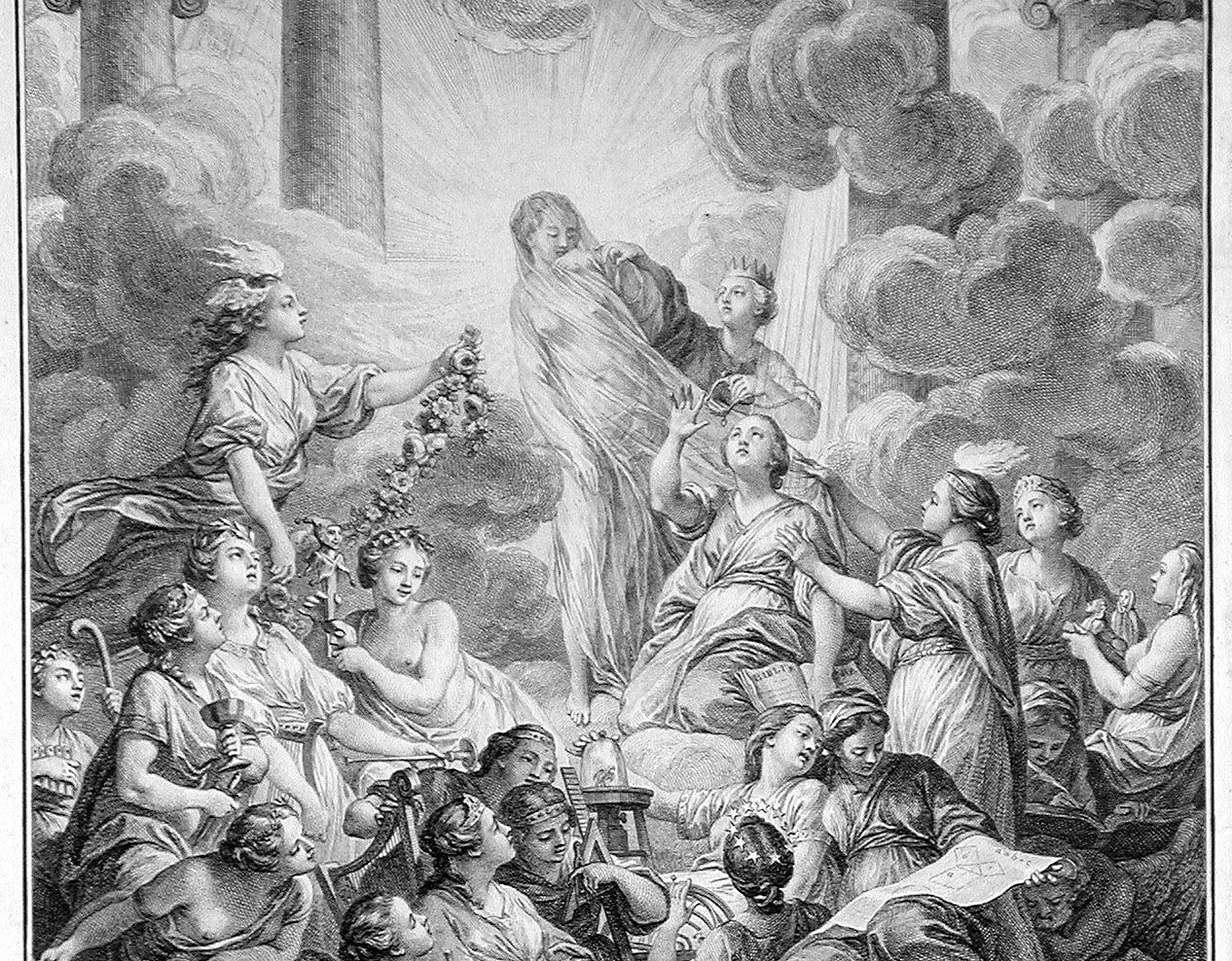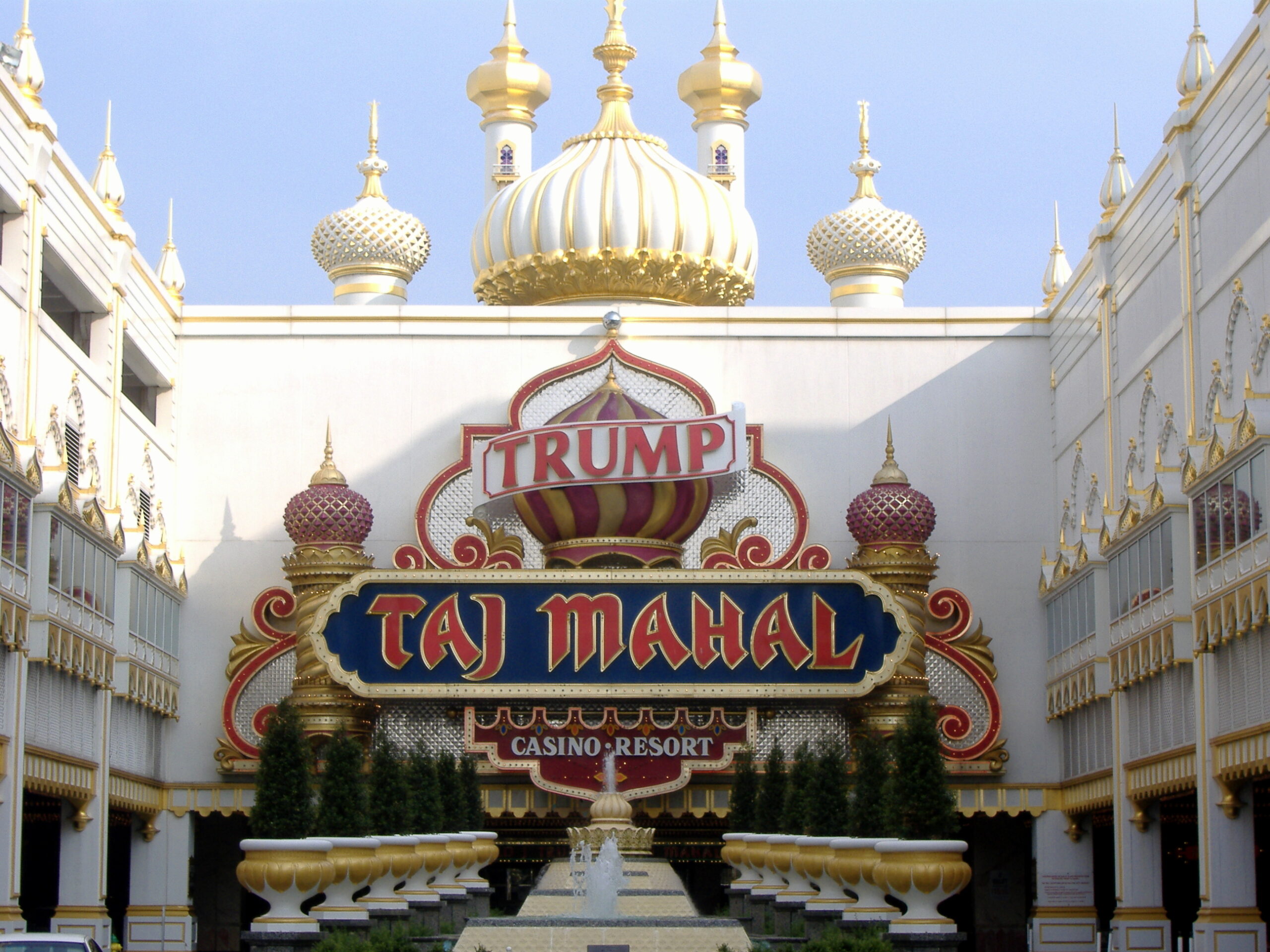-
Modernity: An Analysis
What makes you modern? We know that modernity means technology, industry, cities. But is there a modern attitude? A modern psychology? What sets us apart from pre-moderns? Can we even imagine what a traditional attitude might feel like? Traditional life was circular. We were tied to the land day after day, month after month –…
-
Nuclear Psychology
‘At exactly fifteen minutes past eight in the morning, on August 6, 1945, Japanese time, at the moment when the atomic bomb flashed above Hiroshima, Miss Toshiko Sasaki, a clerk in the personnel department of the East Asia Tin Works, had just sat down at her place in the plant office and was turning her…
-
Why Our Idea of History is a Poison
History is an illness which we must try to cure. I’m paraphrasing James Joyce, who had one of his characters say, ‘History is a nightmare from which I am trying to awake’. But history as illness – with different symptoms, diagnoses, treatments, researchers, tools and doctors – is, I think, an almost perfect metaphor for…
-
How Fox News Changed the World
Half of Fox News viewers believe climate change is not caused by humans. A 2014 study found that 72% of references to climate change on Fox in 2013 were misleading. Fox viewers were 31% more likely to agree with the statement, ‘it is not clear that Obama was born in the United States’. 60% agree…
-
Would You Have Been a Nazi?
Joy, satisfaction, pain, hunger, sadness, violence – sensations, or feelings, are, ultimately, at the heart of human history. Avoiding them, encouraging them, pursuing them, studying the best way to provide them. The economy of feeling pushes history towards or away from ideas, warfare, innovation, political systems. What ways will we organise to maximise positivity? Conversely,…
-
Will There Be A Millennial Revolution?
Aristotle: ‘If the number of children exceeds what the amount of property will support, difficulties must necessarily follow. . . It is difficult for men who have suffered that fate not to be revolutionaries’. This is a tale of three revolutions. Two revolutions past that serve as lessons. The second is a counter-revolution, a result…
-
How Switzerland Changed the World
Switzerland – a tiny landlocked country in the middle of Europe – is underappreciated for its contributions to all of our histories – mine and yours included. It’s a extraordinary place, with an incredible history, and, it can teach us a lot, weirdly, about ourselves. There is no place like it. Its variety of languages…
-
Adorno and Horkheimer: Dialectic of Enlightenment – Part I
In 1784, the German philosopher Immanuel Kant announced that enlightenment is man’s emergence from his self-incurred immaturity. Enlightenment leads to the greatest advances in medicine and technology that man has ever known. In the early 1940s, war ravages Europe. Hitler and Fascism seem unstoppable. Two German philosophers in exile, Theodore Adorno and Max Horkheimer, have…
-
Clifford Geertz: The Interpretation of Cultures (The Balinese Cockfight)
How can we understand other cultures? Even more difficult, how can we understand other cultures from other times? How do we get into the minds of others? There is a misconception about history and the social sciences that assumes that when you read a source, a document, or study a different culture, the truth will…
-
What Makes Us Postmodern?
What makes us postmodern? Are our psychologies, our attitudes, our mentalities towards the world postmodern ones? Or are we still just modern? To begin we have to briefly return to the last video’s question: what is it that makes us modern? The modern attitude was characterized by a belief in progress and improvement, in self-reflection…
Then & Now
Human(itie)s, in context

